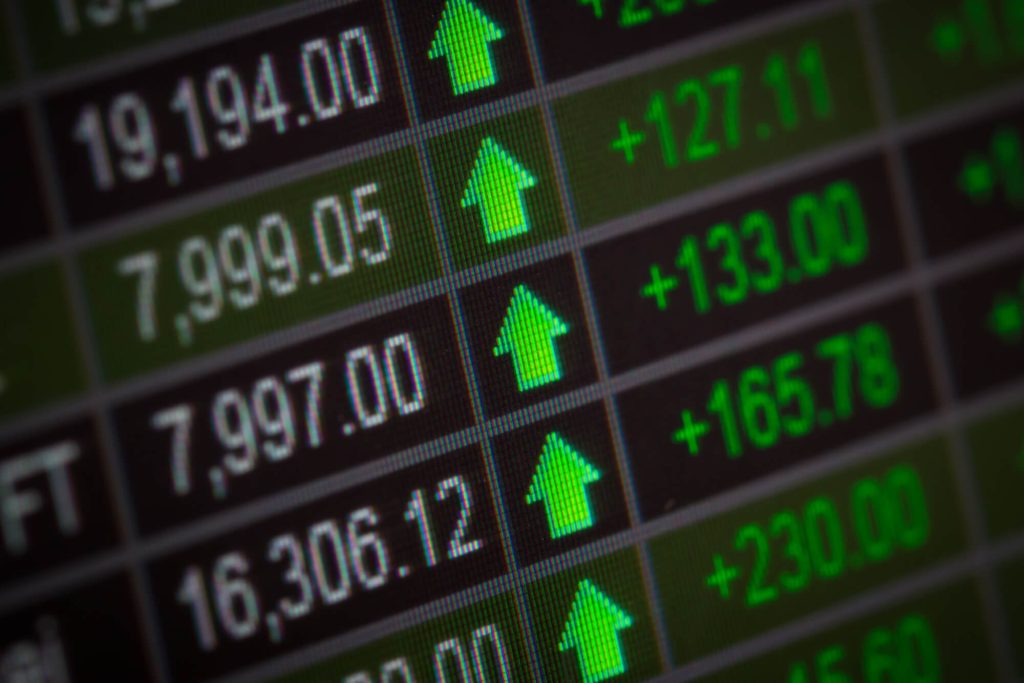
Introduction
Crude oil trading is influenced by various factors, including interest rate movements and geopolitical dynamics. In this article, we will explore how the rising interest rate concerns and the obstacles in the US-Iran negotiations are affecting oil prices. By understanding these factors, traders and investors can make informed decisions to navigate the crude oil market effectively.
Impact of Rising Interest Rates
The Federal Reserve’s potential decision to raise interest rates in July has implications for the oil market. An increase in interest rates can lead to a stronger US dollar, which puts pressure on oil prices. Consequently, it is advisable for traders to consider reducing long positions or implementing stop-loss points to mitigate the risk of a sharp decline in oil prices. By being cautious and responsive to interest rate developments, traders can protect their positions and optimize their trading strategies.
On the other hand, strong economic data from the United States, indicating a robust economic recovery, can be beneficial for oil prices. A thriving economy translates into increased demand for oil, thereby potentially driving up prices. Traders can capitalize on this by identifying opportunities to buy oil when prices retract or by holding long positions in anticipation of a price surge. Monitoring economic indicators and market trends is crucial for identifying favorable entry points and optimizing returns in the oil market.
Geopolitical Tensions and Oil Prices
The complexities surrounding the negotiations between the United States and Iran regarding the nuclear deal have created uncertainty and tensions in the Middle East. These geopolitical factors contribute to an increased risk premium on oil prices. To effectively navigate this scenario, traders should closely monitor news and developments concerning the United States and Iraq. Additionally, understanding the attitudes and actions of other oil-producing countries is essential in gauging the direction of oil price fluctuations. By staying informed and proactive, traders can anticipate and adapt to the evolving geopolitical landscape, thereby maximizing their chances of success in crude oil trading.
Analyzing Recent Market Trends
At the start of the Asian market, US crude oil traded around USD 69.60 per barrel. Despite a volatile session, oil prices closed higher on Thursday due to a larger-than-expected drop in United States crude inventories. However, concerns regarding rising interest rates still exerted some pressure on prices.
The performance of US equities, particularly bank stocks, can provide valuable insights into the crude oil market. The rebound in bank shares following the Fed’s stress tests, along with strong economic data, has heightened expectations of further rate hikes. This has driven United States Treasury yields higher and influenced investors to focus on economic-sensitive sectors. While sectors sensitive to interest rates, such as tech and growth stocks, faced downward pressure, financials and cyclical stocks experienced gains. Understanding the relationship between equities and oil prices can assist traders in making informed trading decisions.
In addition to interest rate concerns, the US-Iran negotiations faced obstacles, impacting oil prices. The absence of the United States special envoy for Iran, Rob Malley, due to a security clearance review, has further complicated the resumption of talks. Traders should monitor the progress of these negotiations, as any developments can have significant implications for the oil market.
Conclusion
As traders and investors navigate the crude oil market, understanding the impact of rising interest rates and geopolitical dynamics is essential. The potential for interest rate hikes can exert downward pressure on oil prices, necessitating risk management strategies such as reducing long positions or implementing stop-loss points. Conversely, a robust US economy can drive up demand for oil, presenting buying opportunities and potential price increases.
Geopolitical tensions, particularly related to the US-Iran negotiations, add uncertainty and risk to the oil market. Staying informed about news, developments, and the actions of relevant oil-producing countries is crucial for effectively responding to changing geopolitical dynamics.
It is important to note that investing in crude oil involves risk and requires careful consideration of individual risk tolerance and financial situations. Traders and investors should conduct their own research and analysis, and make investment decisions based on their own judgment. This article provides informational insights but should not be considered as investment advice.




